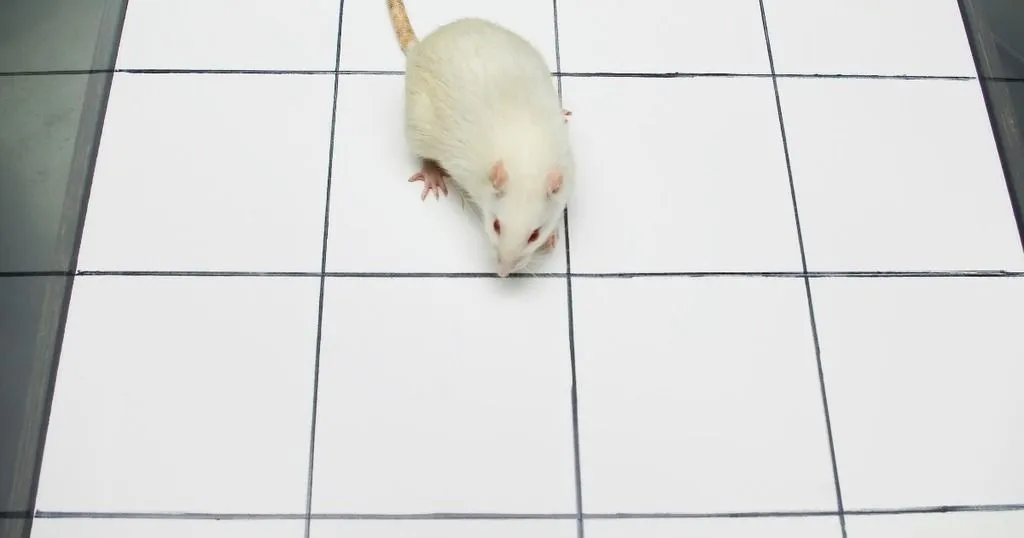Blog posts tagged with open field

02 Dec
animal behavior research
Neuroscience
Understanding epilepsy through a new mouse model
A new Frontiers in Molecular Neuroscience publication, coauthored by Noldus’ Jason Rogers, examines whether a very small cortical disruption can generate epilepsy. The study sought to explore how focal changes shape both neural function and behavior.

20 Mar
animal behavior research
Anxiety, Depression and Fear
Does obesity cause anxiety?
In this blog we explore the relation between a high fat diet and anxiety in rodents. Recent data obtained with EthoVision XT show that it might not be as clear cut as it once seemed.

01 Feb
animal behavior research
Research Methods
The many uses of the PhenoTyper
With its new top unit, the PhenoTyper is even more versatile than before. Follow in the footsteps of those who have already added the PhenoTyper to their lab and learn all about its varied applications.

03 Aug
animal behavior research
Alzheimer’s and Parkinson’s
A 5-HT1A agonist and NMDA antagonist against Parkinson’s disease
Reducing side effects of L-Dopa with 5-HT1A receptor agonists can improve motor activity in a Parkinson’s disease model when combined with NMDA antagonists.
04 Feb
animal behavior research
Research Methods
5 blogs on why you should use video tracking in behavioral research
In this blogpost you can find an overview of our top 5 favorite blogs on why you should use video tracking in your behavioral research.

20 Oct
animal behavior research
Anxiety, Depression and Fear
The open field test: A staple in behavioral batteries
The open field test is a locomotor, exploratory and/or anxiety test. Can we measure all these behaviors in a simple enclosed arena? This is exactly what we talk about in this blog, and the discussion surrounding this.

06 Jan
animal behavior research
Research Methods
How behavioral core facilities advance research
Behavioral cores benefit universities as well as science in general. Recent cases show improved reproducibility of tests and protocols to assess a more complex phenotype of model animals.
30 Jun
animal behavior research
Research Methods
Learning how to use software for video tracking in animals
A couple of months ago, we had the pleasure to visit the University of Groningen to record a customer success story.

25 Mar
animal behavior research
Other (Animal)
How bank voles take the future into account
Bank voles are often exposed to predator odor and alarm pheromones. This perceived predation risk may cause cross-generational behavior changes, which seem to be context-dependent on their in utero exposure.

14 Nov
animal behavior research
Other (Animal)
Decreased learning abilities in diabetic rats: Silymarin to the rescue
Silymarin is a substance that works as an antioxidant, is anti-inflammatory and increases BDNF levels. After supplementing silymarin to diabetic rats, typical diabetes symptoms were greatly improved.